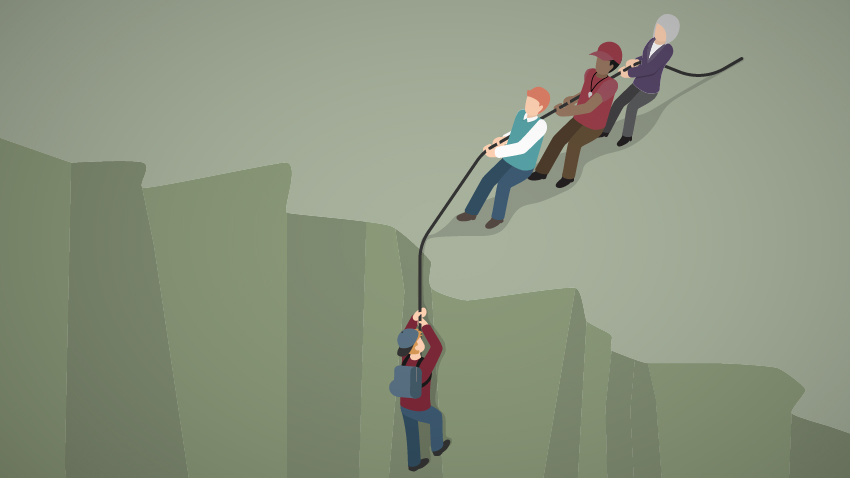Skip to content
FAQs
- Adolescents nominate adults from their family, school and community to serve the role of YST Support Persons. YST Intervention Specialists (mental health professional) help adolescents nominate adults. Once parents/guardians approve of the nominations, the nominated adults are invited to participate. This is facilitated by the YST Intervention Specialist. Adults who accept the role of a Support Person attend an individual education session.
- The education session focuses on the adolescent’s mental health history, treatment plan, and suicide risk factors. Information regarding how to access emergency services is also discussed.
- Following the education session, each Support Person is encouraged to maintain regular contact with the adolescent. This contact is meant to encourage treatment adherence and behaviors that align with individual goals. The YST Intervention Specialist maintains regular telephone contact with each Support Person, provides additional resources and is available to help address concerns.
- The primary role of the Support Person is to attend the education session and maintain regular contact with the adolescent and the Intervention Specialist.
- Contact between the Support Person and the adolescents is meant to be supportive as they encourage treatment adherence and behaviors that align with adolescent goals.
- YST is meant to supplement usual services (e.g., medication, therapy) and Support Persons are not expected to serve in a professional capacity.
- It is important to remember that though Support Persons are meant to encourage positive behavioral choices, they are not responsible for the choices that youth make.
- YST is meant to supplement usual care. Usual care for adolescents who have a history of suicidal thoughts and/or suicide attempts includes (but is not limited to) medication, psychotherapy, group intervention, or partial hospitalization programs.
- The idea behind the YST intervention is to complement these traditional interventions by building adolescents’ support network through the nomination of Support Persons.
- As the YST intervention is still being tested, only adolescents recruited at select psychiatric hospitals and emergency departments who have a history of suicidal thoughts and/or suicide attempts may be invited to participate.
- Support Persons who are nominated by adolescents and approved by parents/guardians are invited to participate.
- The nomination of Support Persons by adolescents occurs at the recruitment site (psychiatric hospital or emergency department).
- The psychoeducation meeting with Support Persons occurs either in person or through a secure video conferencing platform.
- Following the education session, each Support Person is encouraged to maintain regular contact with the adolescent for three months. The YST Intervention Specialist will also remain in regular contact with each Support Person during these three months.
- So far, two studies evaluating the YST intervention have been published and showed that
- Among adolescents with a history of multiple suicide attempts, the YST intervention was related to a greater decrease in suicidal ideation in the weeks following discharge from a psychiatric hospitalization.
- The YST intervention was also related to a greater decrease in impairment at 3- and 12-months following discharge from a psychiatric hospitalization among adolescents who did not have a multiple suicide attempt history.
- In addition, adolescents who took part in the YST intervention attended more therapy sessions, medication follow-up sessions, and drug treatment sessions than those that received treatment as usual.
- Finally, adolescents who took part in the YST intervention were less likely to die at an 11 to 14 years follow up when compared to adolescents who did not participate in the intervention.
- You can contact Cheryl King [email protected], the Principal Investigator, for additional study information or visit our YDSP research program website.




